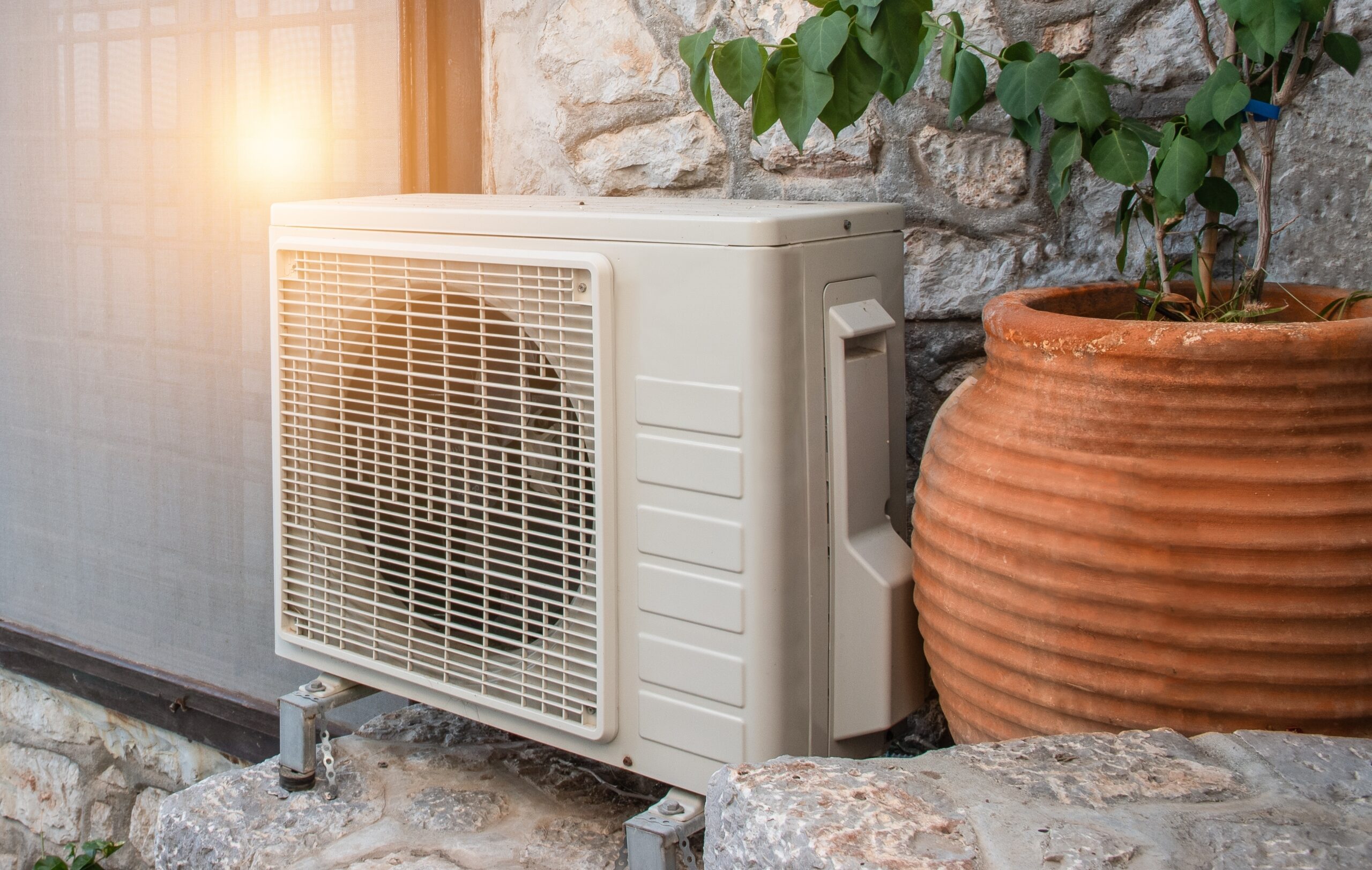
As we become more aware of our carbon footprint and strive to make our homes more energy-efficient, heat pumps have become an increasingly popular choice for homeowners. Not only do heat pumps help reduce our carbon emissions, but they also save us money on our energy bills in the long run.
But did you know that there is a federal tax credit for heat pump installation as well?
What Is the Federal Tax Credit for Heat Pump Installation?
Starting in 2023, the federal tax credit for heat pump installation equals 30% of your qualifying project cost, up to a maximum of $2,000.
So why not take advantage of this opportunity to make your home more energy-efficient and save money on your taxes in the process?
The amount of the tax credit depends on the cost of the heat pump and professional installation. For example, if the cost of the heat pump and installation is $8,000, the tax credit would be $2,000; 30% of the $8,000 project cost is $2,400, so your credit would be capped at the $2,000 maximum.
It’s important to note that there are specific requirements for heat pumps to qualify for the federal tax credit. The heat pump must meet ENERGY STAR requirements, which means it must be energy-efficient and high-performing. ENERGY STAR is a program created by the U.S. Environmental Protection Agency and the U.S. Department of Energy to promote energy-efficient products and practices.
Furthermore, the heat pump must be installed in a primary residence, not a second home or rental property. Beyond the federal tax credit for heat pump installation, there are other tax credits you may be able to claim when making other improvements to your home that boost its energy efficiency.
However, homeowners are limited to taking a maximum of $3,200 in energy efficiency home improvement tax credits per year – if you are considering making other improvements to your home, plan carefully to maximize your savings.
Why Should You Install a Heat Pump?
Beyond the federal tax credit for heat pump installation, let’s talk about why you should consider installing a heat pump in your home. One of the main benefits of installing a heat pump is energy savings. Heat pumps are highly efficient and use less energy than traditional heating and cooling systems. This means you can save money on your energy bills over the life of your system.
Did you know heat pumps can cool and heat your home? Heat pumps transfer heat from one area to another. So during the warm months, heat pumps effectively cool indoor air and transfer the heat energy out of your home. During cool months, heat pumps reverse operations, exchanging cold air from within your home and leaving temperatures inside warm and comfy.
Another benefit is increased comfort in your home. Heat pumps provide consistent, even heating and cooling throughout your home. They also help to dehumidify the air, which can improve indoor air quality and reduce the risk of mold and mildew growth.
And of course, there’s the environmental benefit of reducing your carbon footprint. By installing a heat pump, you’re reducing your reliance on fossil fuels and reducing your carbon emissions. This is an important step in combating climate change and protecting our planet for future generations.
Take Advantage of the Federal Tax Credit for Heat Pump Installation in 2023
Federal tax credits for heat pumps are a great incentive for homeowners to make the switch to more energy-efficient heating and cooling systems. Heat pumps offer numerous benefits, including energy savings, increased comfort, and environmental benefits. And with the federal tax credit, now is the perfect time to install a heat pump in your home.
At Ravinia Plumbing, Sewer, Heating & Electric, we specialize in heat pump installation and maintenance. Our team of experts can help you find the right heat pump for your home and ensure it is installed correctly for optimal performance. Don’t hesitate to contact us today if you want to learn more about the federal tax credit for heat pump installation and how we can help you make your home more energy efficient.




